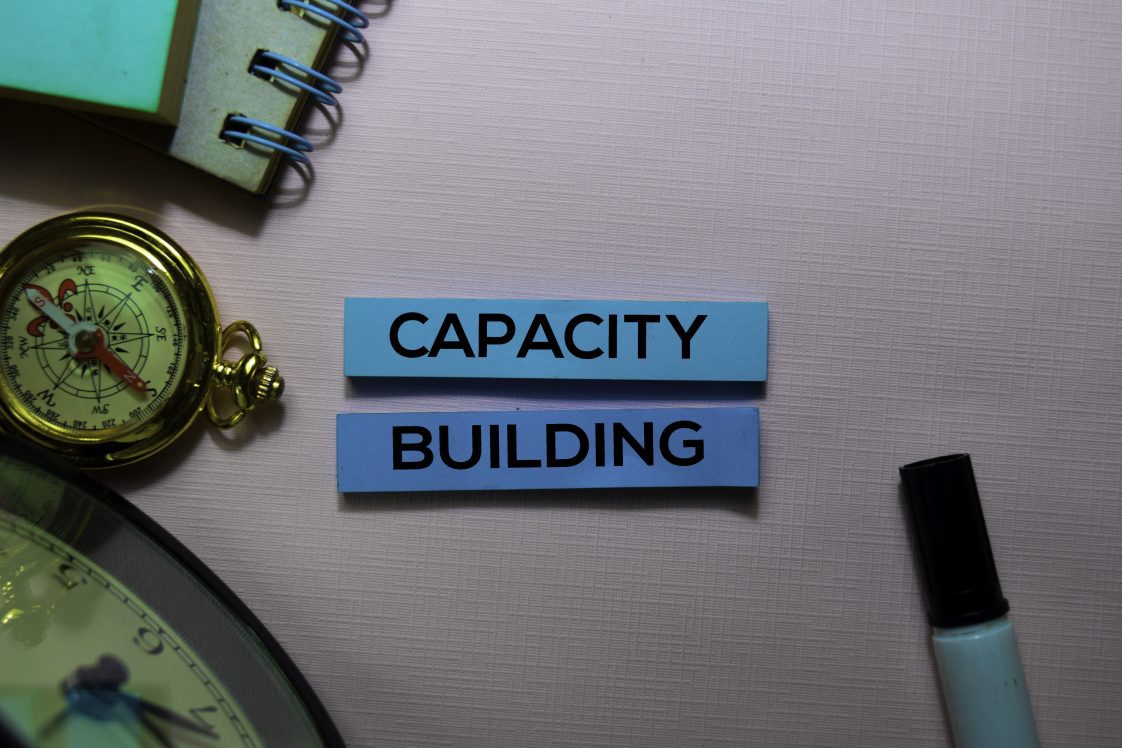About Us

Every day Alabama Cooperative Extension System teams conduct outreach initiatives across the state to improve the lives of Alabama residents. Capacity-building or other grant funds allow staff to expand, as well as to create new initiatives. For example, in the past year Urban Extension programming staff including Dorothy Brandon, Karnita Garner, Danielle Rudolph, Tamara Warren, and Angela Williams, received funding totaling more than $1.8 million. This funding will enhance statewide initiatives in climate change, financial literacy, health, heirs property, and 4-H youth development.
Climate Change
Climate change is a global topic as temperatures continue to rise. Climate change occurs from buildup of greenhouse gas emissions in the atmosphere.
Environmental Specialist Karnita Garner received a grant for $249K to implement the Minimizing Climatic Impacts through the Environmental Education and Climate Outreach Initiative. Alabama Extension audiences will learn eco-friendly and climate-smart practices to effectively reduce climate change.
Garner serves as the principal investigator. Co-investigators are Extension Assistant Director Roosevelt Robinson; Paul Okweye, AAMU environmental chemistry professor; Pooja Preetha, AAMU assistant professor of water resources and environmental engineering; and Urban Regional Extension Agent Allyson Shabel.
Financial Literacy
Like climate change, financial literacy is also a hot topic in Alabama. Financial literacy is understanding and effectively using financial management skills. In Alabama, students entering the ninth grade are now required to complete a course in money management and financial literacy. However, Dorothy Brandon’s program goes one step further by teaching parents and their children how to manage family finances. Thus, two generations gain the tools to become financially literate.
Brandon, a consumer science specialist, received a $640K grant from USDA-NIFA’s Children, Youth, and Families at Risk. This grant enables her to build capacity through the Parent-Child Financial Literacy in Progress Program. Family Life Center Director Terence Martin and Technology Support Coordinator Lamar Pryor serve as co-investigators.
Health
Health is a popular topic as people live longer and Americans grapple to overcome health disparities. For example, adult obesity rates, which can lead to heart disease, remain high in the United States. According to Trust for America’s Health obesity report, 38.3 percent of Alabama adults are obese making programs like CHAMPION as relevant as when it first began.
Extension Assistant Director Tamara Warren was also awarded a capacity-building grant for $250K to build and strengthen programming efforts focused on cardiovascular health, nutrition, physical activities, digital technology, and using tower gardens. Extension Horticulture Specialist Rudy Pacumbaba and Pryor serve as co-investigators.
Heirs Property
The United States Census of Agriculture data estimates that between 1920 and 1997, African Americans lost land worth an estimated $326 billion. Most of this land was farmland which contributed to the reduction of Black farmers in America. Today, many institutions, including Alabama A&M University, Auburn University, and Tuskegee University, are educating people about handling heirs property. Essentially, heirs property is land owned by multiple family members left by a deceased relative whose estate did not clear a probate court.
Danielle Rudolph, site director of the Virginia Caples Lifelong Learning Institute, was awarded a USDA capacity building grant for $350,000 to implement the Saving the Family Property: Heirs’ Property Prevention, Resolution, and Land Use project. Rudolph will build programming capacity to educate underserved populations to resolve heirs’ property issues. Extension Assistant Director Kimberly Sinclair-Holmes serves as co-investigator. In addition, undergraduate and graduate students will be trained as abstractors to assist families with genealogical and title searches.
Faulkner University’s Thomas Goode Jones School of Law is a collaborative partner and will provide pro bono legal assistance via estate planning, ancestral property, and mediation clinics.
4-H Youth Development
The Alabama Department of Public Health developed a state plan to reduce tobacco use among middle and high school students. Programs like 4-H Health Rocks! find success in using peer educators to inform young people about the adverse effects of tobacco, vaping, alcohol, and drug use.
4-H Youth Development Specialist Angela Williams received a grant for $372,000 from the 4-H Council to resume offering Health Rocks! for teens in Alabama’s urban areas.
For More Information
Visit the Urban Extension pages to learn how Alabama Extension is impacting communities in Alabama’s urban and suburban areas.

